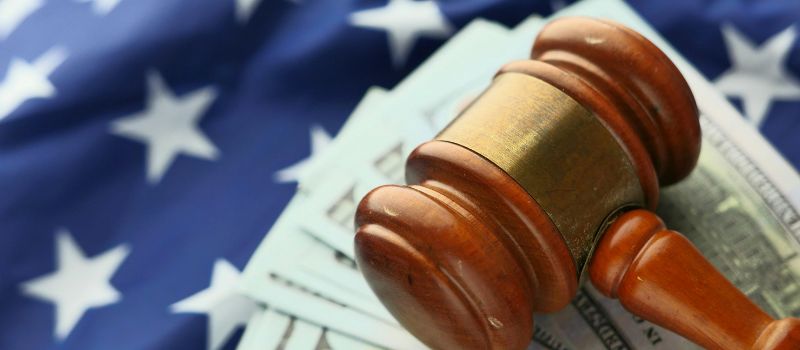US Tax Court Litigation Lawyer Atlanta
If you have been dealt a notice of tax liability from the IRS, perhaps went through the Appeals process, and now have a 90-day window to file with the U.S. Tax Court, you might be doing some research on how to select an attorney to represent you in court.
Small Case Filing
- You will file a small case for liabilities under $50,000.00.
- The filing fee is still $60.00.

What to Expect in the Process
First off, most cases do not actually go to trial. There is no way to predict how this will surely pan out for the taxpayer. However, once a complete tax court petition is filed with the U.S. Tax Court, your attorney will be contacted by the Counsel for the IRS, who will send an Answer to the complaint.
Almost instantaneously, the case will be sent to an Appeals Officer who will work out the nuances of the case.
Role of the Appeals Officer
- They will ask for supporting documentation if applicable.
- They simply start making sense out of the petition.
Again, this is where experience matters:
- Were all of the issues properly addressed?
- Was the case law applicable to the particular taxpayer?

Appeals Officer’s Determination
Once the Appeals Officer is ready to make a determination, they will send their response back to the Counsel for the IRS who is working the case. If all is agreed, then the Counsel will draft up an agreed order.
We have had many of these agreed orders drafted 100% in our favor.
When the Case Proceeds to Trial
Otherwise, if the Appeals Officer is in disagreement, then the pre-trial order will be drafted as the case will go to court. Once it is headed in that direction, you must prepare for trial.
Although the court is based out of Washington D.C., you will pick your city for trial at the onset of filing your petition. You can make this:
- Your home town
- Or somewhere you see yourself moving in the next 6 months
Frequently Asked Questions
What is the U.S. Tax Court and when should I consider filing there?
The U.S. Tax Court is a federal court where taxpayers can dispute IRS determinations of tax deficiencies without first paying the disputed amount. You should consider filing if you’ve received a notice of deficiency and disagree with the IRS’s assessment, especially after going through the Appeals process.
What is considered a “Small Case” in U.S. Tax Court?
A “Small Case” applies when the disputed tax amount is under $50,000. These cases are handled through a more informal process and are still subject to a $60.00 filing fee. However, decisions in small cases are not appealable.
Do all U.S. Tax Court cases go to trial?
No, most cases are resolved without a trial. After a petition is filed, the IRS Counsel responds, and the case is generally sent to an Appeals Officer who may work toward a resolution before trial becomes necessary.
What role does the Appeals Officer play in my tax court case?
The Appeals Officer reviews your petition and supporting documentation to evaluate the validity of your claims. They aim to resolve the dispute without litigation and may propose a settlement or agreement with the IRS Counsel.
Can I choose the location for my U.S. Tax Court trial?
Yes, although the court is based in Washington D.C., you can select a trial location closer to your home or a place you expect to move within six months at the time of filing your petition.

